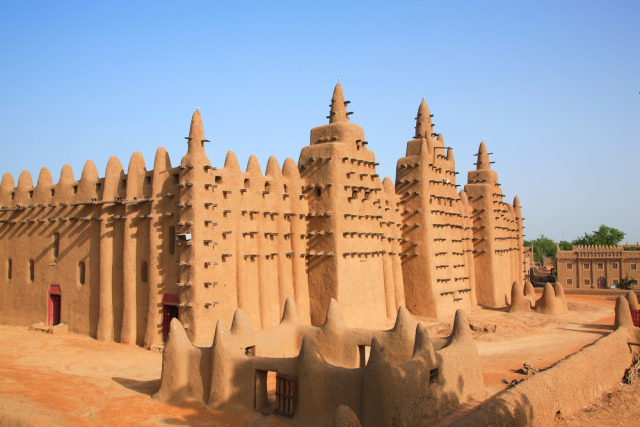The Mali Empire (1226-1670)

Using archaeology and Mankinka oral tradition
In this podcast Professor Kevin MacDonald (University College London) examines the history of the Mali Empire, discusses the importance of using both oral history and archaeology to construct this history and also reflects upon the empire’s legacy.
The Mali Empire was an empire in West Africa from c. 1226 to 1670. The empire was founded by Sundiata Keita (c. 1214 – c. 1255) and became renowned for the wealth of its rulers, especially Mansa Musa (Musa Keita). The Manding languages were spoken in the empire. At its peak, Mali was the largest empire in West Africa, widely influencing the culture of the region through the spread of its language, laws and customs.
1. The Mali Empire: What should students keep in mind when engaging with this history?
2. What do historians know about pre-imperial Mali?
3. What sources do historians use to examine the history of the Mali Empire?
4. What are the origins of the Mali Empire? What is the story of Sunjata the founder of the Mali empire?
5. What do we know about the politics and economy of Imperial Mali?
6. Can you tell us about Mansa Musa?
7. What was the Mali Golden Age?
8. What role did Mali play in advancing and developing Islam in west Africa?
9. Can you tell us about the traveller Ibn Battuta? What does he tell us about the Mali he encountered?
10. What led to the fall of the Mali Empire? What was the legacy of the Mali Empire?
11. How have historians’ interpretations changed over the years?
In order to access the full content of the podcasts please Login or Join the HA.

